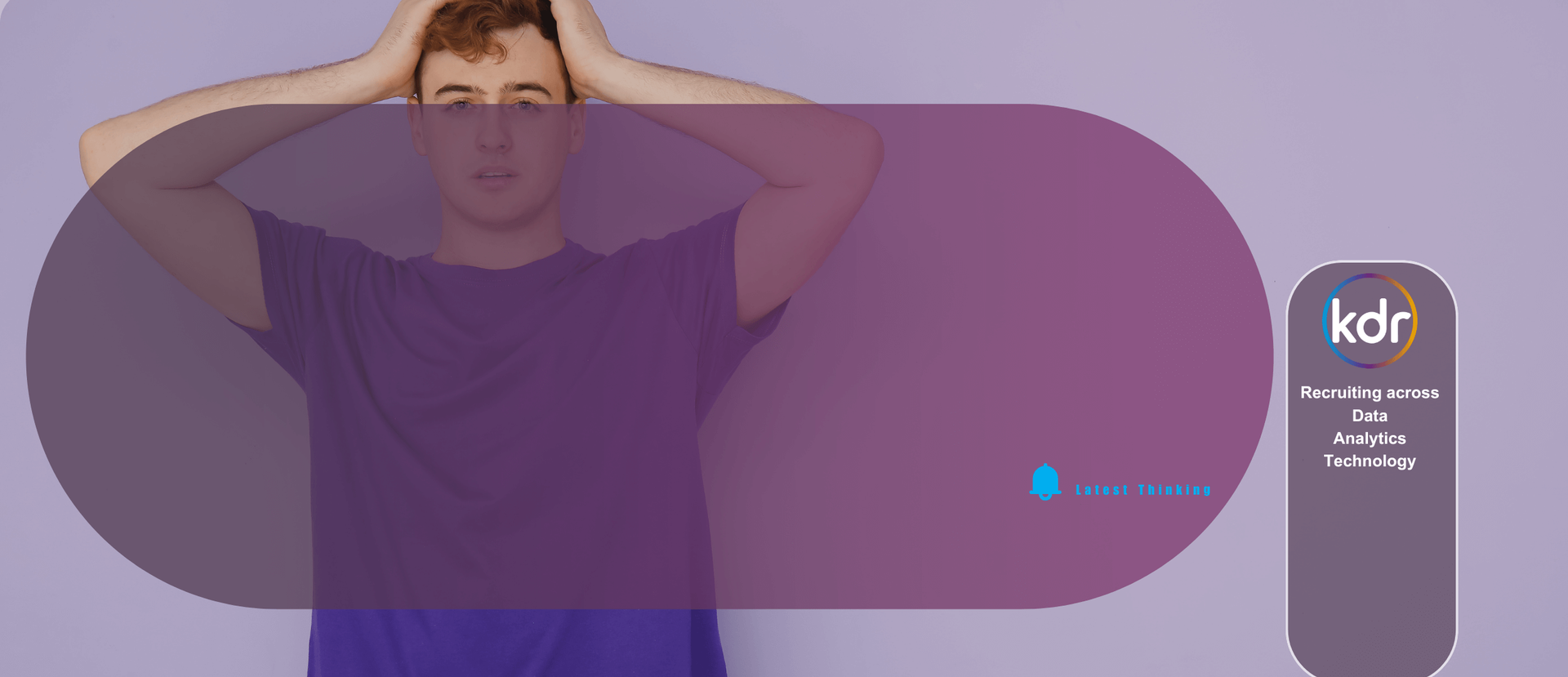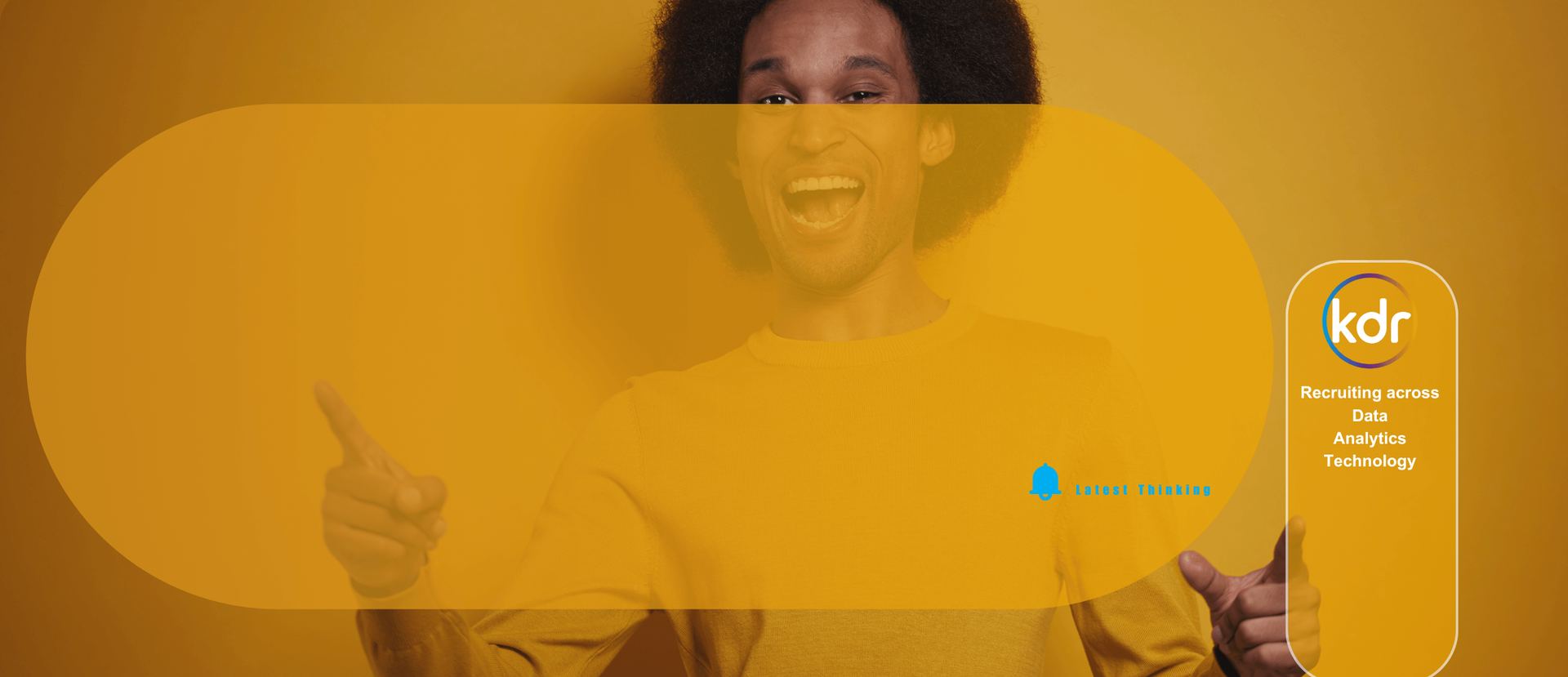4 Megatrends Affecting The Hiring Landscape
The hiring and workplace landscape is currently being shaped by four megatrends.

The hiring and workplace landscape is currently being shaped by four megatrends. Firstly however, as a backdrop to this discussion, HR and executives agree that people are both the key asset and one of the main risk factors to an organisation’s growth.
Our discussions with the data and technology community highlights shifts in work design, productivity and employee expectations and it’s an interesting area that organisations must navigate through to attract and retain talent effectively. Layered over these discussions are the economic factors that are a very real issue for some in the workforce. The cost of work “crisis” is at the forefront of people’s minds and it means that companies are having to look at reward packages that look to assist with these problems.
Taking these megatrends one by one, let’s understand how this is impacting the workplace.
Culture and AI
Unless you’ve been living under a rock, you’ll know that AI is changing the future of work. Organisations are focusing on enhancing productivity through AI, assessment, and work design. This involves solving the productivity equation by leveraging technology whilst ensuring that the work environment remains conducive to human needs and capabilities. What does this mean for people in the data and tech communities? Everything - from the policies that need to be drafted around use of AI to the adoption of new skills to implement processes that will enhance the ways people work. One of the areas we feel strongly about is providing clear guidance for employees around how to implement and leverage AI. We've seen more and more reports coming out around “AI gone bad” where the fundamentals were lacking and employees were left to implement and figure it out as they went along. The implementation of AI means creating a work environment founded on guidance then trust, fairness, and inclusion. Equitable pay, fairness around upskilling, role design and promotion need to form part of its approach.
With all these changes and external pressures, building a resilient company culture is more crucial than ever, with emphasis on teams that are aware of risks and work to maintain a company’s core health. This trend is about enhancing the organisation's ability to withstand various challenges, ensuring both business continuity and employee well-being.
Cost of Work
The 2nd mega trend sweeping the world of work is related to the so-called cost of work crisis. Workers across the globe have understood how changing the way they work is helping their household finances. In 2020 (if role appropriate), once many were forced to step away from the 5-day on site model it became very clear as to how they then benefited financially and/or emotionally from working from home. These costs include commuting expenses, childcare, wardrobe, and the less quantifiable impacts on time and energy. The realisation that the traditional office model may impose a significant burden on employees is driving some employers to rethink their approach to work arrangements and organisations are now starting to rethink their strategies to attract and retain talent by addressing these costs head-on. Some examples around this would be re-evaluating remote work policies, enhancing benefits packages, or adopting innovative solutions to reduce the total cost of work for employees. Rather than returning to previous working models, there's a challenge and opportunity for employers to reassess traditional expectations and focus on outcomes rather than where the work is done. A 2023 Gallup study found that “hybrid workers have higher engagement, better overall wellbeing and lower turnover risk than fully on-site workers who are remote-capable” On top of this “leaders and managers report that hybrid work has reduced burnout, improved retention and expanded talent pools in their organisation”. There are of course what could be considered negative effects, such as less collaboration or communication as well as the hidden issues around recognition and promotion, however the data would argue that these are areas for reworking rather than a reason to state the hybrid model is broken. The cost of work crisis is acting as a catalyst for both employees and employers to re-evaluate the structure of work. It's pushing towards more flexible arrangements that can better meet the needs of the modern workforce, with hybrid working models emerging as a key component of this evolution.
Trend 3 looks at the adoption of Four-Day workweeks
In 2022 a UK based experiment conducted amongst 61 companies showed that the concept works well for both the employer and the employee. Of the 61 companies 93% of them had continued the model into 2023 and reported, better employee wellbeing outcomes, higher productivity, better customer service and lower costs. It seems the key to success (like most things) lies in planning and communication. Looking further afield, analysis by MIT cites that although larger companies like Microsoft in Japan specifically and Lever in New Zealand took part in a similar trial and reported positive results, many larger organisations are slower to adopt the model due to rigid frameworks. Of course there are challenges, some industries need people to be available 24/7 (healthcare for example), so for now small and mid-sized companies are leading the way. If you are interested in looking at this model for your organisation this website has some fantastic resources: https://workfour.org/workplace-resources
The final trend focuses on skills-based hiring
A variety of factors have contributed to the shift towards skills-based hiring. A tight labour market, rise of AI tools within the workplace, greater commitment to EDI, and shift away from fully onsite working models means that finally skills v’s degrees and/or which University a person attended, is providing the best indicator of a successful hire. For decades the degree was a ticket in, but with a reported 13% of graduates workplace ready post degree, alternatives to the narrative are being embraced. It is a more equitable approach to diversifying the workforce and studies show that tenure is increased on average by 9% when this approach is taken. To successfully navigate this beneficial trend, here are a few tips.
Start by conducting a thorough job redesign – from job descriptions and job architectures where all previous assumptions about what the job profile requires is challenged and defined.
If it’s not in place already, implement some fundamentals around EDI programmes, C-suite buy in, education for the workforce, unconscious bias training conducted for hiring panels and managers, your EVP attended to etc.
Define a skills-based framework for promotions and career development.
These trends collectively signal a dynamic shift in the fundamental aspects of employment and organisational strategies. As work becomes more intertwined with advanced technology like AI, and as economic realities push for new work models such as remote or hybrid formats and four-day workweeks, companies are forced to rethink not just how work is done, but also how it's valued and rewarded. This evolution is leading to a redefinition of job roles, a greater emphasis on employee well-being, and the adoption of more inclusive hiring practices based on skills rather than educational background. Consequently, these changes are likely to increase job satisfaction and loyalty, creating a more engaged workforce. Ultimately, as organisations adapt to these emerging trends, they not only enhance their competitiveness but also contribute to a more equitable and responsive labour market.






